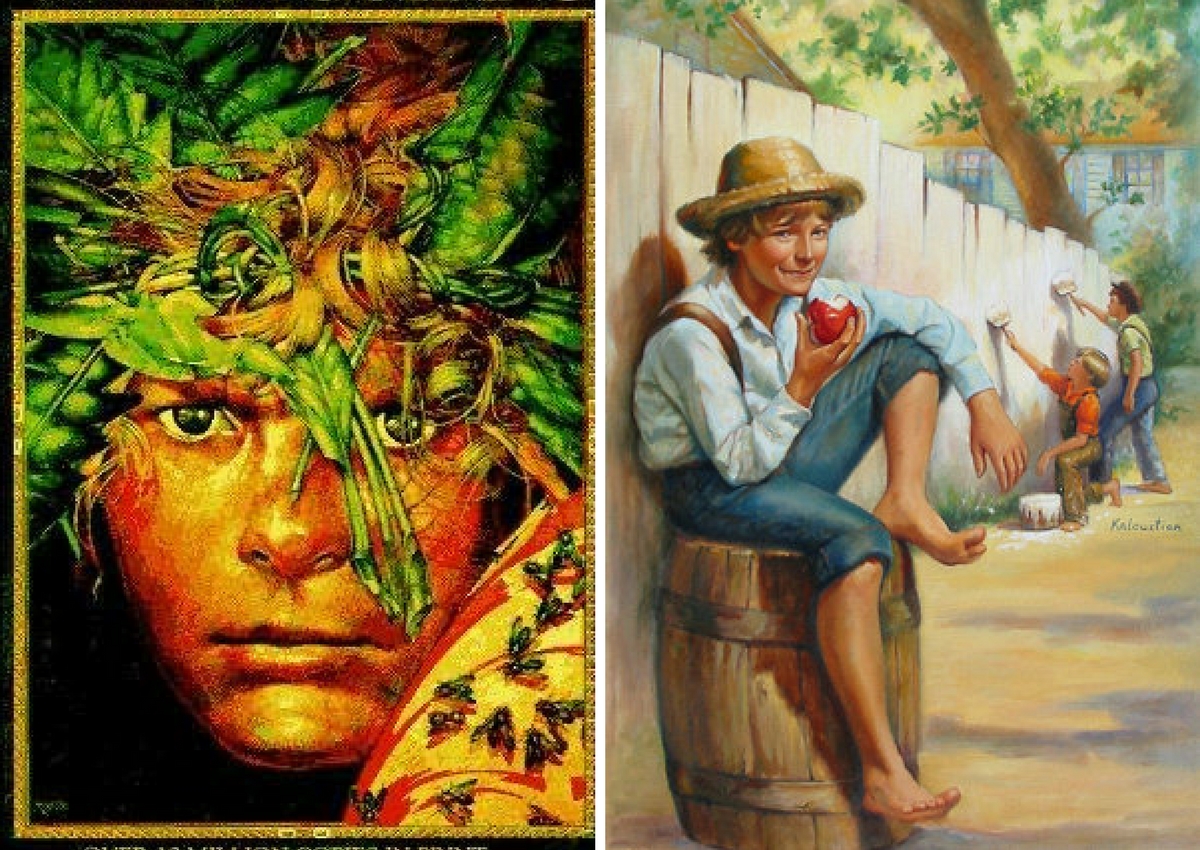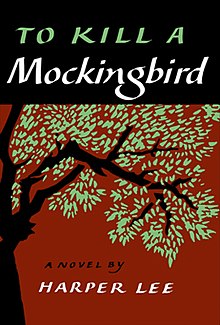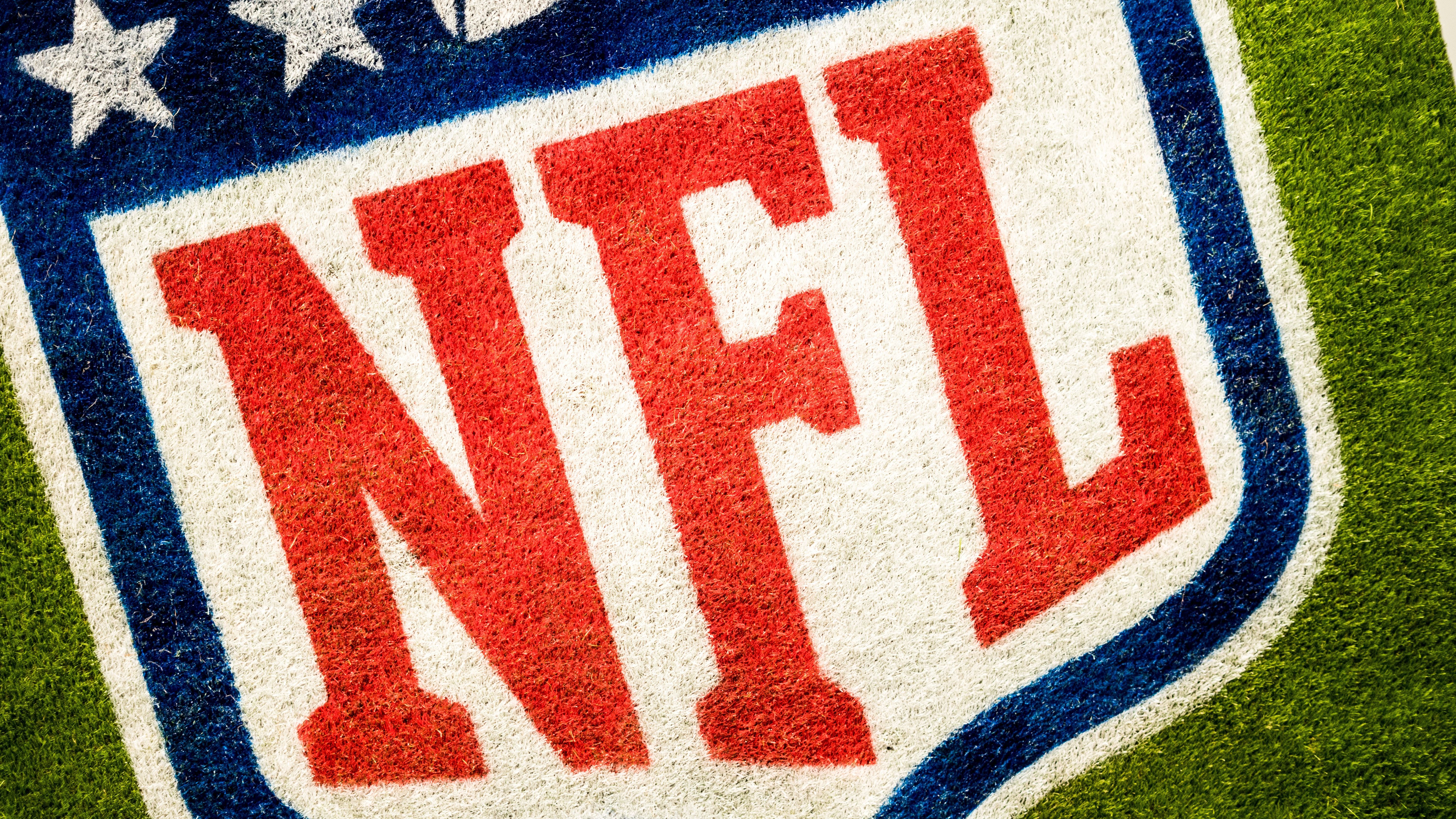
10 Books Our Teachers Forced Us To Read That We Ended Up Loving

You've probably been forced to read many books in your academic life, and I'm sure you huffed and puffed wanting to blow the school down, but once you finished some of these books, you were surprised by how good they were.
Here's 10 books that you were forced to read, and you're happy your teachers made you!
Macbeth by William Shakespeare
An interesting story with a noteworthy cautionary message. Confidence and perseverance are necessary to feel ambitious enough to reach your goal, but make sure it doesn't become hubris. Macbeth was so full of himself in his quest to become king, but after killing so many people to attain it, he went crazy from all the guilt.
Brave New World by Aldous Huxley
This dystopian novel made you wish time went backwards, rather than forwards. A world where technology controls every aspect of your life, affecting it in the most negative way possible, is a scary thought. This novel was fun to read, but it's not the kind of world you fantasize about living in.
Death of a Salesman by Arthur Miller
This is when we realized the American Dream is a facade and nowhere close to reality. Our hearts broke in every scene of this play, which recounts the last 24 hours of a mediocre salesman's life.
1984 by George Orwell
It's always nice to read dystopian fiction novels, but never to experience life like the characters do. Big Brother is quite the force, and by the end he made us want to tear the book in half.
To Kill a Mockingbird by Harper Lee
It's a sin to kill a mockingbird, according to Atticus Finch. Of course, this book didn't teach us to not go on a mockingbird killing spree, it taught that these creatures, like the characters in the novel, are innocent souls who should not be harmed.
Frankenstein by Mary Shelley
As a woman writing science fiction in the early 19th century, Mary Shelley put out an awesome piece of fiction. She bet her husband she could write a better horror story than him, and no one can deny that she didn't.
Night by Elie Wiesel
Tragedy can turn some people into firm believers of a faith, or it can do just the opposite. In the beginning the character says he "believes profoundly," but after he witnesses all the horrors of the Holocaust, which he cannot reconcile could happen in the presence of an omnipotent God, the character begins to question his faith. As we see more horrors unfold in the world, we too ask the same questions.
The Adventures of Tom Sawyer by Mark Twain
Tom Sawyer and his friends were pretty cool, and they had so many fun adventures together.
Romeo and Juliet by William Shakespeare
Your reaction to this play is either "O Romeo, Romeo, wherefore art thou Romeo?" or "O, put a sock in it!" So whether you fell in love with these two star-crossed lovers or you felt like your eyes were going to cross while reading this play, you can't deny the important themes in this tragic piece of fiction. For instance, don't let temporary emotions drive you to kill yourself.
Lord of the Flies by William Golding
Honestly, who hated this book? Also, let's not forget the parallels between this book and Suzanne Collins's The Hunger Games. The best part about this novel is that it made us think about ourselves and what we would do in a situation like those boys trying to figure out how to govern themselves on a stranded island. Would you ever eat someone to survive? That's probably one of the strange questions you asked yourself while reading this novel.
All in all, at some point when we held these these books we looked something like this:

Did we mention one of you favorite books? Let us know in the comments if you agree or disagree with our list!













